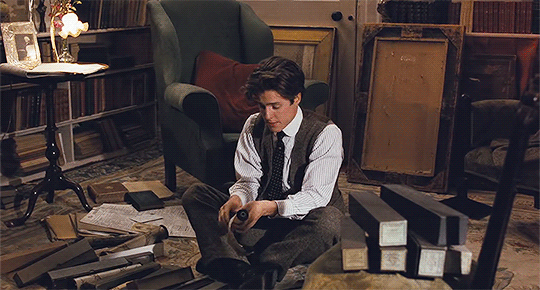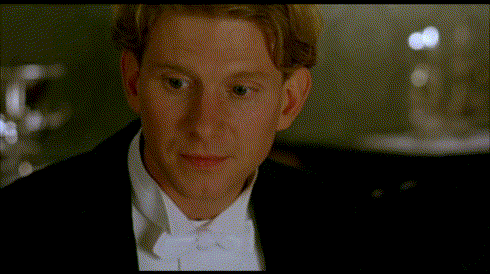Maurice - Picture Palace
- Lilium

- Sep 22, 2021
- 2 min read

Maurice is a 1987 British romantic drama film directed by James Ivory, based on the 1971 novel Maurice by E. M. Forster. It is a tale of gay love in the restrictive and repressed culture of Edwardian England. The story follows its main character, Maurice Hall, through university, a tumultuous relationship, struggling to fit into society, and ultimately being united with his life partner.
The film stars James Wilby as Maurice, Hugh Grant as Clive and Rupert Graves as Alec. The film was directed by James Ivory and produced by Ismail Merchant via Merchant Ivory Productions and Film Four International, and written by Ivory and Kit Hesketh-Harvey, with cinematography by Pierre Lhomme.

E. M. Forster wrote Maurice in 1913–14, and revised it in 1932 and again in 1959–1960. Written as a traditional Bildungsroman, or novel of character formation, the plot follows the title character as he deals with the problem of coming of age as a homosexual in the restrictive society of the Edwardian era. Forster, who had based his characters on real people, was keen that his novel should have a happy ending.
The author did not intend to publish the novel while his mother was alive, but he showed the manuscript to selected friends, such as Christopher Isherwood. Forster resisted publication during his lifetime because of public and legal attitudes to homosexuality. He was also ambivalent about the literary merits of his novel. A note found on the manuscript read: "Publishable, but worth it?" The novel was only published in 1971 after Forster's death.
James Ivory was interested in making a screen adaptation after the critical and box office success he achieved with another of Forster's novels, A Room with a View. While involved in this earlier project Ivory had read all of Forster's books, and eventually came to Maurice. "I thought," Ivory said, "that it was interesting material and would be enjoyable to make – and also something we could make in that it wouldn't require too much organisation and wouldn't cost all that much." He felt that the situation it explores was still relevant in today's society: "People's turmoil and having to decide for themselves how they want to live and what their true feelings are and whether they're going to live honestly with them or deny them. That's no different. Nothing's any easier, for young people. I felt it was quite relevant."
Reading Recommendations & Content Considerations
Maurice Maurice
DVD or watch for free E. M. Forster






































Comments